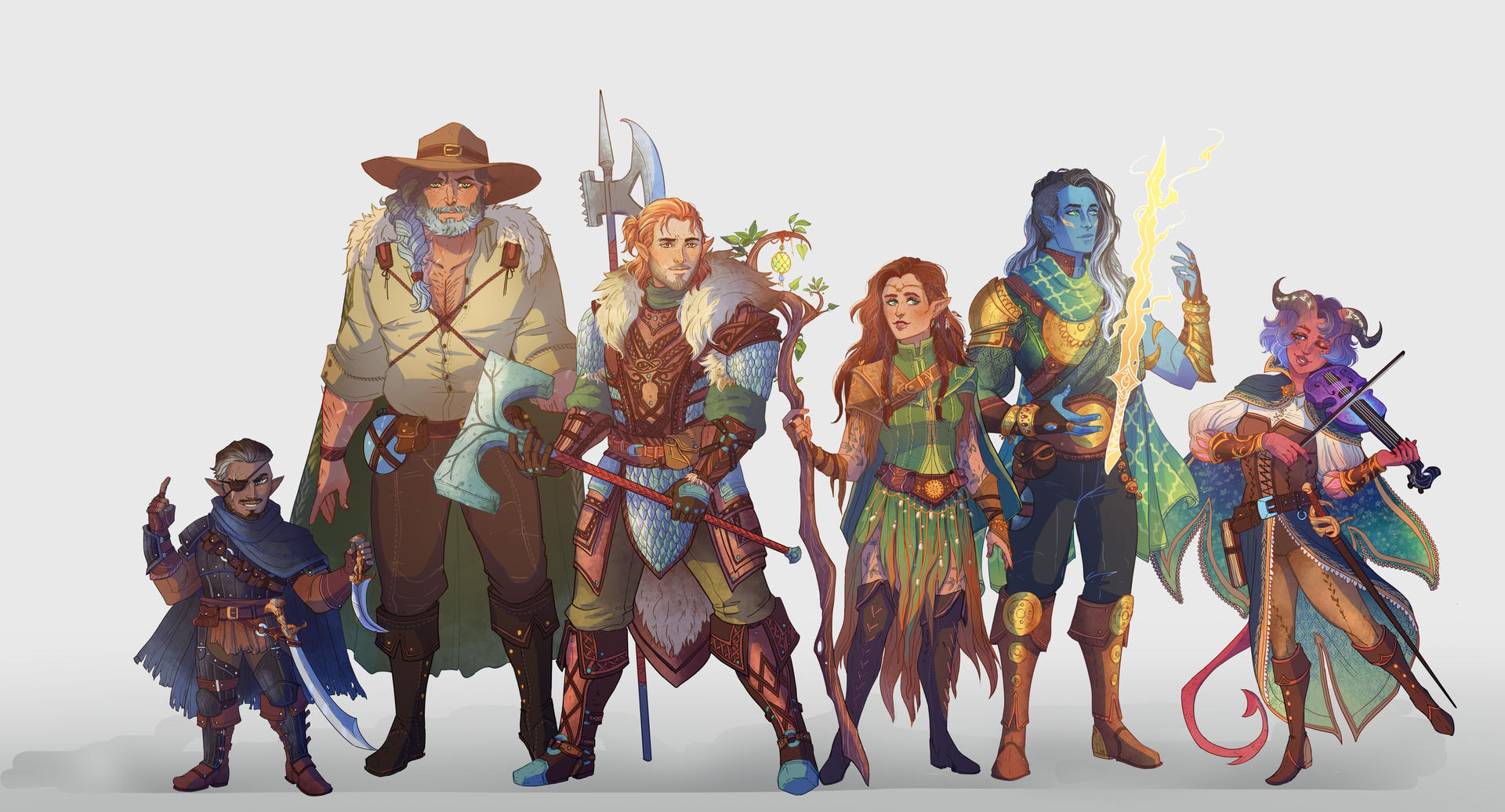
Dungeons & Dragons is a game of imagination and creativity, and one of the best ways to express yourself in the game is through your character. A well-created character can be the difference between a good game and a great game.
But how do you create a memorable DnD character? Here are a few tips:
1. Start with a strong concept.
What kind of character do you want to play? Are they a brave fighter, a wise wizard, or a cunning rogue? Once you have a general idea of what kind of character you want to play, you can start to flesh out their personality, backstory, and goals.
Here are some questions you can ask yourself to help you develop your character concept:
- What is my character’s race and class?
- What are their personality traits, ideals, bonds, and flaws?
- What is their backstory? How did they come to be the character they are today?
- What are their goals? What do they want to achieve in the game?
2. Give them a unique personality.
What makes your character different from everyone else? What are their quirks and mannerisms? What are their likes and dislikes? The more unique and memorable your character’s personality is, the more fun they will be to play.
Here are some things you can do to give your character a unique personality:
- Create a voice for your character. What do they sound like? Do they have a high-pitched voice or a low, gravelly voice? Do they speak with an accent?
- Give your character unique mannerisms. Do they fidget when they’re nervous? Do they have a catchphrase? Do they always have a smile on their face?
- Give your character unique likes and dislikes. What kind of food do they like? What kind of music do they enjoy? What are their favorite and least favorite things to do?
3. Set goals for your character.
What does your character want to achieve in the game? Do they want to become a powerful adventurer? Do they want to save the world? Do they want to amass a fortune? Having specific goals for your character will give them something to strive for and make them more invested in the game.
Here are some questions you can ask yourself to help you develop your character’s goals:
- What is my character’s motivation for adventuring?
- What are their short-term and long-term goals?
- What are they willing to sacrifice to achieve their goals?
- How do their goals align with the goals of the other players in the party?
4. Think about their relationships.
Who are your character’s friends and allies? Who are their enemies and rivals? What kind of relationships do they have with their family and fellow adventurers? Having strong relationships with other characters in the game can make the game more immersive and engaging.

Here are some things you can do to develop your character’s relationships:
- Talk to the other players about your character’s relationships with their characters. This will help you to create a more cohesive and believable world for your characters to inhabit.
- Have your character interact with other characters in the game world. This could involve helping them with a task, giving them advice, or simply having a conversation.
- Don’t be afraid to let your character’s relationships develop over time. Relationships are not always easy, and they can take time to grow and change.
5. Be consistent with your character.
Once you have created your character, it is important to be consistent with their personality, backstory, and goals. This means making choices that your character would make and avoiding choices that they would not make.
Being consistent with your character will help you to better understand them and the world around them. It will also make the game more enjoyable for everyone involved.
Conclusion

Creating a memorable DnD character is a rewarding experience. By following the tips above, you can create a character that you will enjoy playing for many years to come. So get creative, have fun, and remember to roll the dice!
I hope this blog post has been helpful. If you have any questions, please leave a comment below.
If you purchase any products linked on our website, we may receive an affiliate commission.



